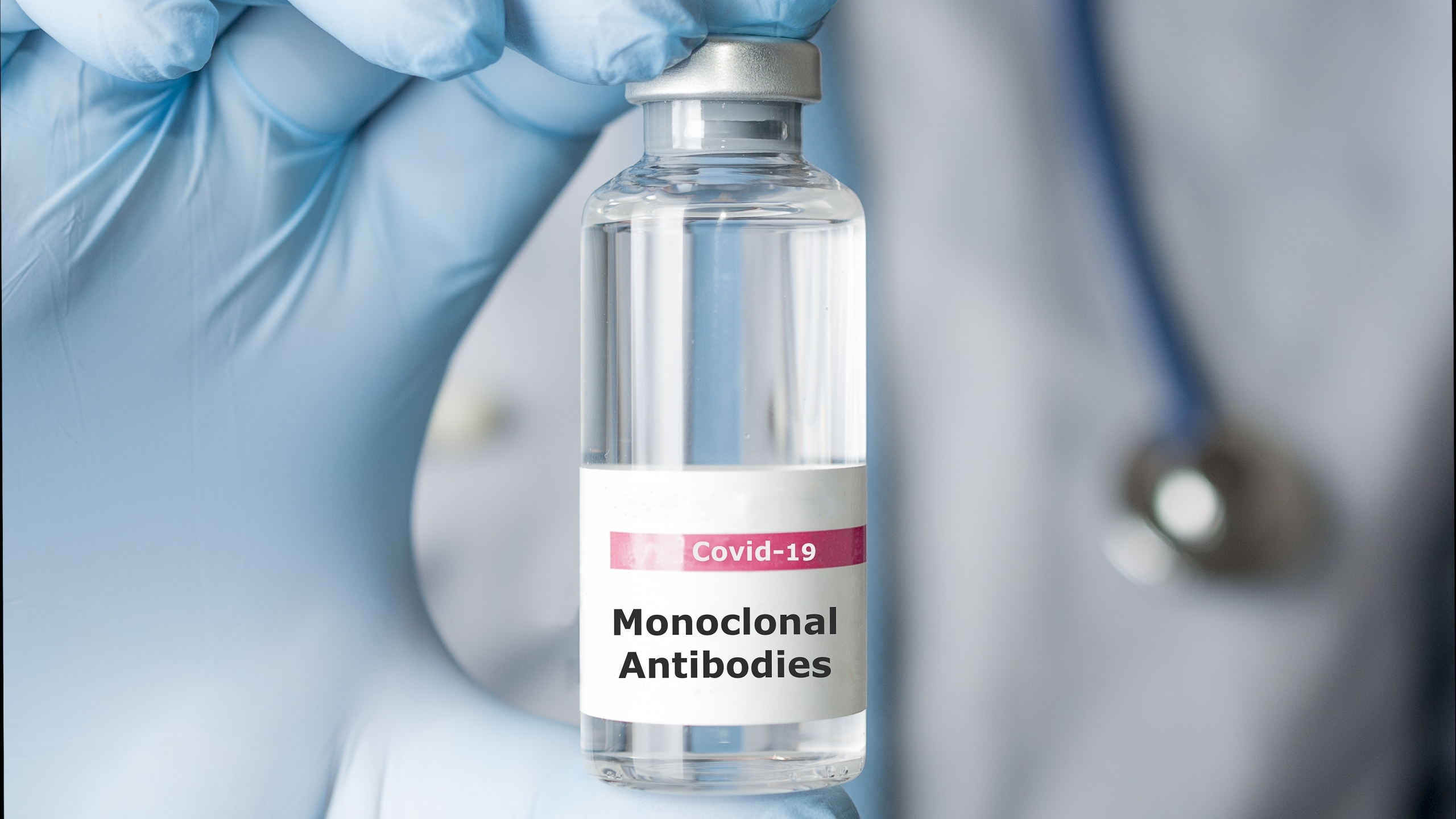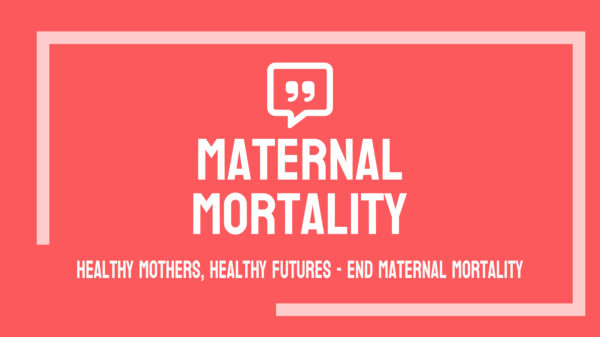The federal government is pausing shipments of two monoclonal antibody treatments for COVID-19 because they’re unlikely to be effective against the omicron variant, the Alabama Department of Public Health announced Friday.
Regeneron’s monoclonal antibody treatment was seen by medical providers as a critical tool in preventing hospitalizations and deaths as the delta variant surged over the summer, but clinical trials showed the treatment ineffective against omicron, which has quickly become the dominant strain in the U.S. and many other countries. Eli Lilly’s monoclonal antibody treatment was also found ineffective. Shipments of both have been paused.
“Only one option, sotrovimab, appears to be effective against this variant, but its supply is limited,” the Alabama Department of Public Health said in a statement Thursday. “Nationwide shipments have begun, and an additional 300,000 doses of sotrovimab will be available for distribution in January. Sotrovimab is approved for intravenous treatment only.”
In some areas where the omicron variant is less prevalent, current supplies of the two existing monoclonal antibody treatments may still be appropriate, the U.S. Department of Health and Human Services said Thursday.
Medical providers and public health experts have pleaded with the public not to rely on monoclonal antibody treatments after contracting COVID-19, and to instead get vaccinated, and if eligible, get booster shots. Studies show that just being vaccinated isn’t as protective against omicron as is the protection provided by booster shots.
Alabama has the third-lowest percentage of residents fully vaccinated against COVID in the nation, and the second-highest COVID death rate per capita in the U.S., according to the CDC.



















































